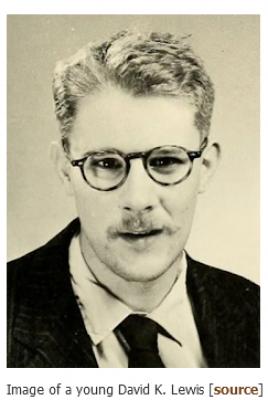This is an introductory post on logic, the main point of whioch is to show that "what is characteristic of logic is not a special standard of certainty, but a special level of generality. Beyond its role in policing deductive arguments, logic discerns patterns in reality of the most abstract, structural kind." Patterns, sure, but I don't think logic reflects some sort of reality. But I digress. I'm posting this item because, on looking at the recent list of the 378 Most-Cited Contemporary Authors in the Stanford Encyclopedia of Philosophy, I was surprised to find the author, Timothy Williamson, in 6th place, because I had no idea who he was. Reading through the list, I see I'm familiar with or have read the majority of them, met a substantial number, and been taught by two. But it's also important to note that it is a very idiosyncratic list - " a moment in one particular academic philosophical culture." In addition to Foucault, people like Seymour Papert, Hubert Dreyfus, Marvin Minsky and many other absolutely essential thinkers are not included. Still, it captures an important part of my own history - the next highest on the list I hadn't read was John Hawthorne at 32 (somehow ranking above Nelson Goodman and Karl Popper!).
Today: 0 Total: 446 [] [Share]




